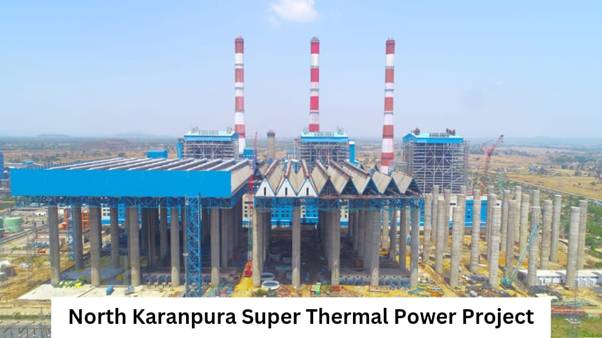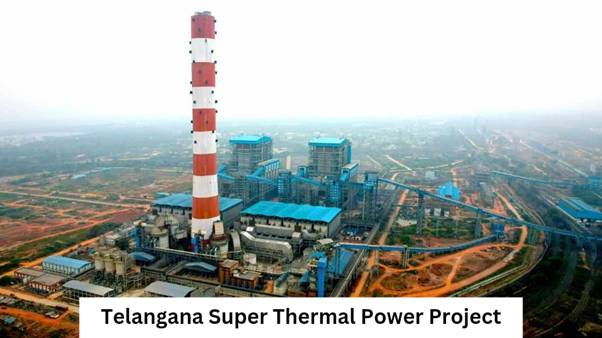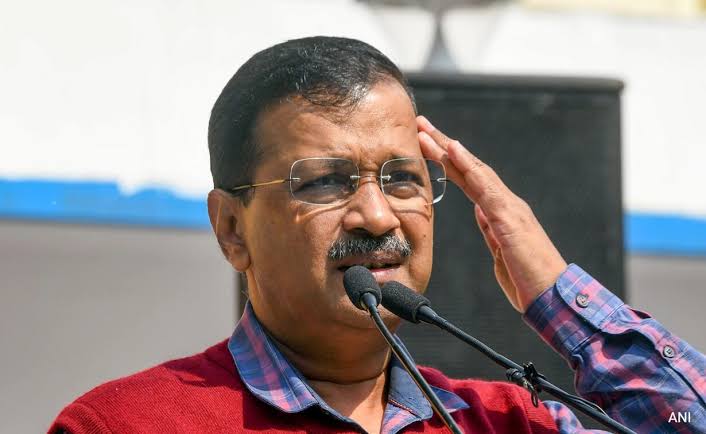March 4th, 2024, marks a pivotal moment in India’s energy landscape as Prime Minister Narendra Modi dedicates several key power projects and lays the foundation for future advancements. This comprehensive initiative, representing a combined investment of over Rs. 30,000 crores, signifies a multifaceted approach towards strengthening India’s energy independence, bolstering environmental responsibility, and fostering economic growth.
-
 Telangana Super Thermal Power Project (Stage-I): This project sets a new standard for efficiency within NTPC’s Indian plants, boasting the highest power generation efficiency achieved through cutting-edge Ultra-Supercritical Technology. This translates to increased power security and lower electricity costs for Telangana, reduced carbon dioxide emissions, and a contribution towards achieving nationwide 24×7 availability of affordable and high-quality power.
Telangana Super Thermal Power Project (Stage-I): This project sets a new standard for efficiency within NTPC’s Indian plants, boasting the highest power generation efficiency achieved through cutting-edge Ultra-Supercritical Technology. This translates to increased power security and lower electricity costs for Telangana, reduced carbon dioxide emissions, and a contribution towards achieving nationwide 24×7 availability of affordable and high-quality power. -
North Karanpura Super Thermal Power Project (3×660 MW): This project stands out for its environmentally friendly approach, featuring India’s first Supercritical Thermal Power Project with an Air Cooled Condenser. This innovative technology significantly reduces water usage compared to traditional methods, highlighting India’s commitment to sustainable resource management in the power generation sector. Additionally, the project’s timely commercial operation of Unit-1 in March 2023 serves as a testament to India’s growing expertise in executing complex infrastructure projects.
-
Fly Ash-Based Light Weight Aggregate Plant: This plant exemplifies India’s commitment to environmental responsibility by transforming fly ash, a by-product of coal combustion, into usable aggregates. This initiative minimizes waste generation, conserves natural resources, and provides alternative building materials that enhance the durability and sustainability of construction projects, contributing to a circular economy that promotes resource efficiency.
-
Sewage Treatment Plant (STP) Water to Green Hydrogen Plant: This pioneering project utilizes treated wastewater to create green hydrogen, a clean and sustainable energy source. It showcases India’s commitment to exploring alternative energy solutions and developing a circular economy that minimizes waste and maximizes resource utilization. This project has the potential to revolutionize the transportation sector by providing a clean and efficient fuel alternative for various applications, including electric vehicles and fuel cell-powered heavy machinery.
-
Singrauli Super Thermal Power Project, Stage III: This project reflects India’s commitment to striking a balance between environmental sustainability and technological advancements in the power sector. It incorporates clean coal technologies and emission control mechanisms to minimize environmental impact while meeting the nation’s growing energy demands. Additionally, the project’s strategic location in Sonebhadra, Uttar Pradesh, a state with significant energy needs, underscores the government’s focus on equitable distribution of resources and development.
-
Flue Gas CO2 to 4G Ethanol Plant: This groundbreaking project captures carbon dioxide emissions from power plants and converts them into 4G-Ethanol, a biofuel contributing to reduced greenhouse gas emissions. This initiative represents a significant step towards combating climate change and developing cleaner fuel alternatives. By leveraging this technology, India can position itself as a leader in the development of sustainable transportation solutions and contribute to global efforts towards achieving environmental sustainability goals.
-
Sea Water to Green Hydrogen Plant: This project explores the potential of seawater for green hydrogen production, holding immense promise for sustainable energy generation and reducing reliance on fossil fuels. Its successful implementation could pave the way for a cleaner and more secure energy future for India. This project aligns with India’s growing focus on blue economy initiatives that aim to harness the potential of the ocean for sustainable development and economic growth.
-
Fly Ash-Based FALG Aggregate Plant: This project demonstrates the conversion of fly ash into valuable building materials, promoting resource efficiency and environmental protection. This initiative showcases India’s commitment to finding innovative uses for industrial by-products and minimizing the environmental footprint of its infrastructure development. By promoting the use of eco-friendly and cost-effective building materials, this project can contribute to the development of sustainable and resilient infrastructure across the nation.
Beyond Immediate Benefits: A Long-Term Vision:
These projects are expected to strengthen India’s power infrastructure and create numerous job opportunities through project construction and ongoing plant operations.




